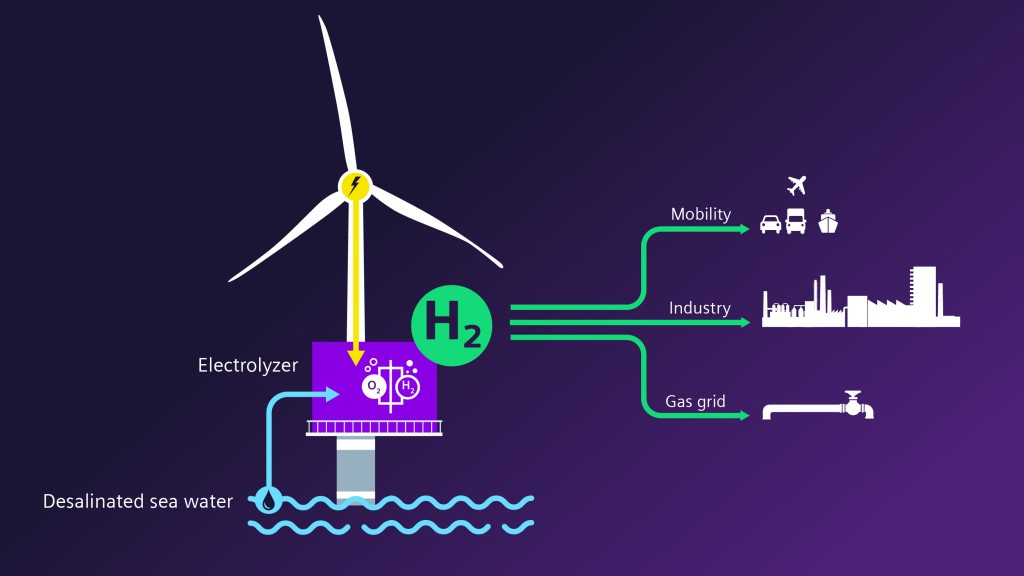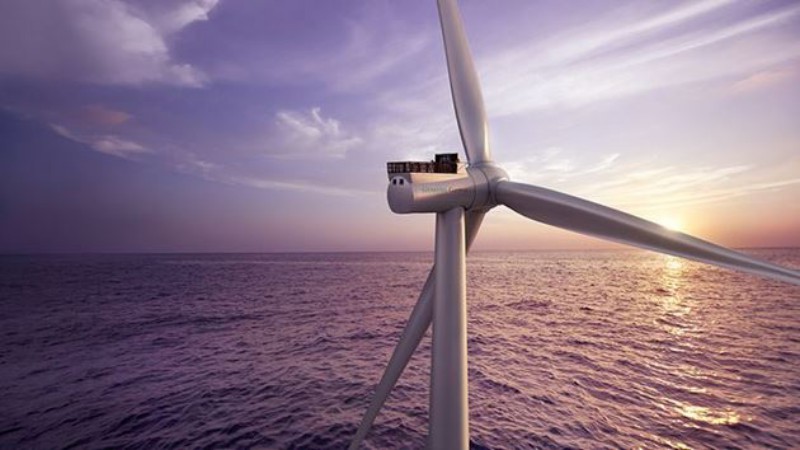Siemens Gamesa and Siemens Energy have confirmed the start of work on an exciting project that will aim to develop a wind system capable of producing green hydrogen using 100% renewable energy.
In total, this five-year project will involve an investment of 120 million dollars, resulting in a fully integrated offshore hydrogen production system.
According to Christian Bruch, CEO of Siemens Energy: “Together with Siemens Gamesa, we are in a unique position to develop this innovative solution. We are the company that can leverage your highly flexible electrolyzer technology and creates and redefines the future of sustainable offshore energy production. With these developments, the potential of regions with abundant offshore wind energy will be accessible to the hydrogen economy. It is an excellent example that allows us to store and transport wind energy, thus reducing the carbon footprint of the economy. “
Siemens Gamesa will adapt its SG14-222 DD offshore wind turbine for this initiative, which will receive an electrolysis system in a modular system that the company indicates guarantees a reliable and efficient operational configuration for a scalable green hydrogen solution.
And is that although this definition, which refers to the production of this vector using renewables, is more fashionable than ever, the reality is that of the 80 million tons that are currently produced each year, only 1% comes from renewable sources, the rest being produced using natural gas or coal, and emitting 830 million tons of CO2 per year. Something that puts on the table the enormous challenge ahead to make this technology a truly sustainable option.

Siemens Energy will also take advantage of this project to develop a new electrolysis product for the maritime environment and create a new benchmark in the increasingly popular green hydrogen sector.
The system will produce green hydrogen using a series of electrolyzers located at the turbine tower base. This integration will reduce the cost of hydrogen by operating off-grid, which will allow it to access new and better sites. The developments will serve as a testbed for profitable large-scale hydrogen production and will have to prove the feasibility of a reliable and effective installation at these difficult sites.

